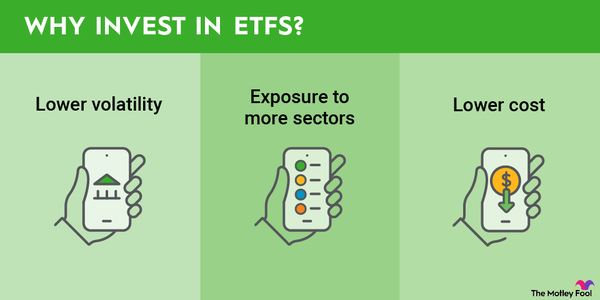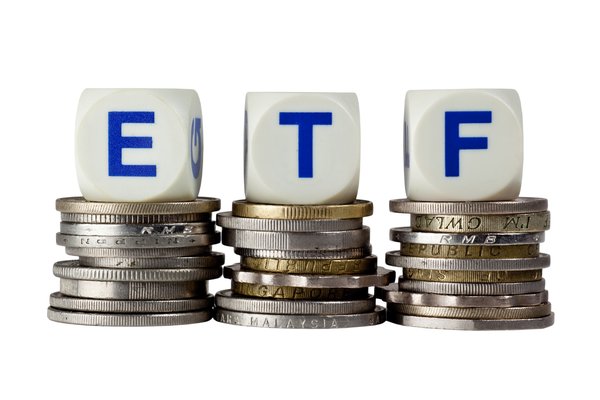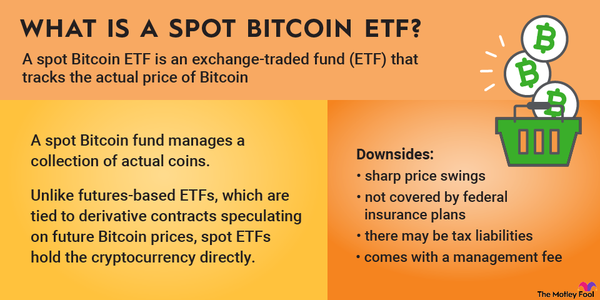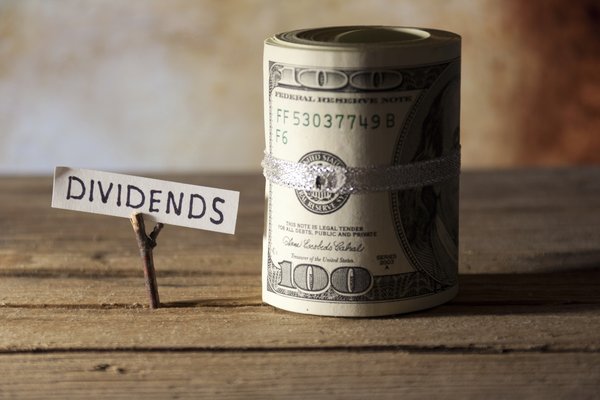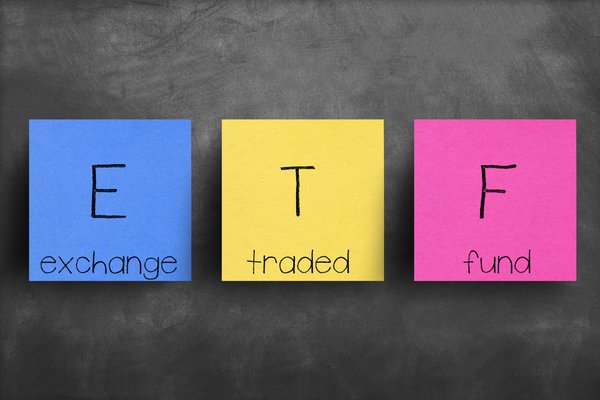The Vanguard Health Care ETF (VHT -1.06%) allows investors to add a bundle of healthcare stocks to their portfolios. It’s invested in many of the biggest names in the industry. Like just about every Vanguard fund, it has extremely low fees.
In this guide, we’ll go into more detail about this sector ETF, including its holdings and other important information about it. You’ll learn how to invest in the Vanguard Health Care ETF and if doing so is a good idea.
About Vanguard Health Care ETF
What is the Vanguard Health Care ETF (VHT)?
The Vanguard Health Care ETF is an index fund that aims to track the performance of the MSCI US IMI Health Care 25/50. This investable market index includes large-cap, mid-cap, and small-cap U.S. companies in the healthcare sector.
How to buy
How to buy the Vanguard Health Care ETF (VHT)
- Open your brokerage app: Log into your brokerage account where you handle your investments.
- Search for the ETF: Enter the ticker symbol "VHT" or the ETF name into the search bar to bring up the ETF's trading page.
- Decide how many shares to buy: Consider your investment goals and how much of your portfolio you want to allocate to this ETF.
- Select order type: Choose between a market order to buy at the current price or a limit order to specify the maximum price you're willing to pay.
- Submit your order: Confirm the details and submit your buy order.
- Review your purchase: Check your portfolio to ensure your order was filled as expected and adjust your investment strategy accordingly.
Exchange-Traded Fund (ETF)
Holdings
Holdings of the Vanguard Health Care ETF (VHT)
The Vanguard Health Care ETF has over 400 stocks. Some of its largest holdings are pharmaceutical companies, including Eli Lilly (LLY -2.94%), AbbVie (ABBV -2.97%), and Merck (MRK -2.54%). Other major holdings include UnitedHealth Group (UNH 0.3%) and Johnson & Johnson (JNJ 0.19%).
Should I invest
Should I invest in the Vanguard Health Care ETF (VHT)?
If your portfolio is light on healthcare stocks, the Vanguard Health Care ETF is a great way to get exposure to the industry. It has a sizable number of holdings across a range of healthcare sectors, including pharmaceuticals, biotechnology, and equipment. It also has a low turnover rate -- just 4.1% at the end of the 2024 fiscal year -- which is normally considered a positive sign for an ETF.
There are several compelling reasons to invest in a healthcare ETF. The U.S. population is aging, with a higher number of people ages 65 and older than ever before. People’s healthcare costs tend to rise with age, so the growing number of older Americans will most likely lead to higher healthcare spending.
In fact, U.S. healthcare spending reached $4.8 trillion in 2023 and is projected to increase to $7.7 trillion by 2032, which would put it at nearly 20% of the gross domestic product (GDP). That kind of growth is promising for those who want long-term ETFs.
Healthcare companies are particularly valuable during bear markets and times of economic uncertainty. While consumers reduce discretionary spending, such as travel and going out to eat, when they’re worried about a potential recession, they’re more reluctant to cut back on healthcare spending. That gives healthcare investments greater resiliency.
Case in point: The S&P 500 lost 19.4% in 2022 during the bear market. The Vanguard Health Care ETF dipped by a more modest 5.6%.
The flip side is that during bull markets, healthcare stocks are often outperformed by growth stocks. We saw that in 2024, when the S&P 500 gained 23.3%, while this Vanguard ETF returned a modest 2.61%.
Dividend
Does the Vanguard Health Care ETF (VHT) pay a dividend?
Yes, this ETF pays a dividend. It had a dividend yield of 1.40% at the end of 2024. While its dividend payout fell in 2020, likely due to the pandemic, it has grown every year since then.
If you're looking specifically for a high dividend yield, there are better-paying options available. Some of the top dividend ETFs pay well over 3%.
Expense ratio
What is the Vanguard Health Care ETF (VHT)’s expense ratio?
The Vanguard Health Care ETF has a 0.10% expense ratio. An expense ratio is the amount that a fund charges annually in fees, and it’s deducted from the investment. With this Vanguard ETF’s expense ratio, you’d pay just $1 in fees each year for every $1,000 you’ve invested.
Anything under 0.20% is generally considered a good expense ratio for an ETF. Passively managed index funds like this one have lower average fees than actively managed funds, which is normally an advantage of ETFs compared to mutual funds, and this can dramatically impact long-term returns.
To see what kind of a difference a low expense ratio makes, we can look at two hypothetical $10,000 investments. One is made in an ETF with a 0.10% expense ratio, and the other with a financial advisor charging 1.00%, and both investments get identical annual returns of 10%.
After 30 years, the ETF investor would have $169,797, while the investor who used the financial advisor would have $132,677, about $37,000 less.
Expense Ratio
Historical performance
Historical performance of the Vanguard Health Care ETF (VHT)
From its inception on Jan. 26, 2004 through the end of 2024, the Vanguard Health Care ETF has delivered an average annual return of 9.53%. Its returns haven’t been quite as strong in recent years. The table below provides its one-, three-, five-, and 10-year performance.
| Fund | 1-year | 3-year | 5-year | 10-year |
|---|---|---|---|---|
| Vanguard Health Care ETF | 2.61% | (0.21%) | 7.20% | 8.82% |
| Benchmark | 2.75% | (0.11%) | 7.29% | 8.90% |
Related investing topics
Bottom line
The bottom line on the Vanguard Health Care ETF (VHT)
Healthcare is a growing industry that consumers will always need. It may not be 100% recession-proof, but it often outperforms the stock market as a whole during economic downturns. It’s sensible to have healthcare stocks in your portfolio, and an ETF is an easy way to invest in them.
While there are plenty of healthcare ETFs out there, the Vanguard Health Care ETF is one of the best ETFs in this category. Since it has hundreds of holdings, it’s diversified within the healthcare sector. The expense ratio is excellent, and this makes a big difference in overall returns. If you want to invest in this Vanguard ETF, you should be able to find it with your brokerage account.
FAQs
Investing in the Vanguard Health Care ETF FAQs
Is the Vanguard Health Care ETF a good investment?
The Vanguard Health Care ETF is a good investment with a low expense ratio and a wide range of healthcare stock holdings. It tends to outperform the market as a whole during bear markets and lag behind during bull markets.
How do I buy a Vanguard ETF?
To buy a Vanguard ETF, log into your brokerage account and search for its ticker. Fill out the order form with the number of shares you want to buy and the type of order, then submit it.
Does Vanguard have a healthcare ETF?
Yes, Vanguard has a healthcare ETF. It launched the Vanguard Health Care ETF on Jan. 26, 2004.
What does VHT invest in?
The Vanguard Health Care ETF, which trades under the ticker VHT, invests in large, mid-size, and small U.S. healthcare companies. It aims to track the performance of the MSCI U.S. IMI Health Care 25/50 index. Some of its biggest holdings include Eli Lilly, UnitedHealth Group, and AbbVie.










